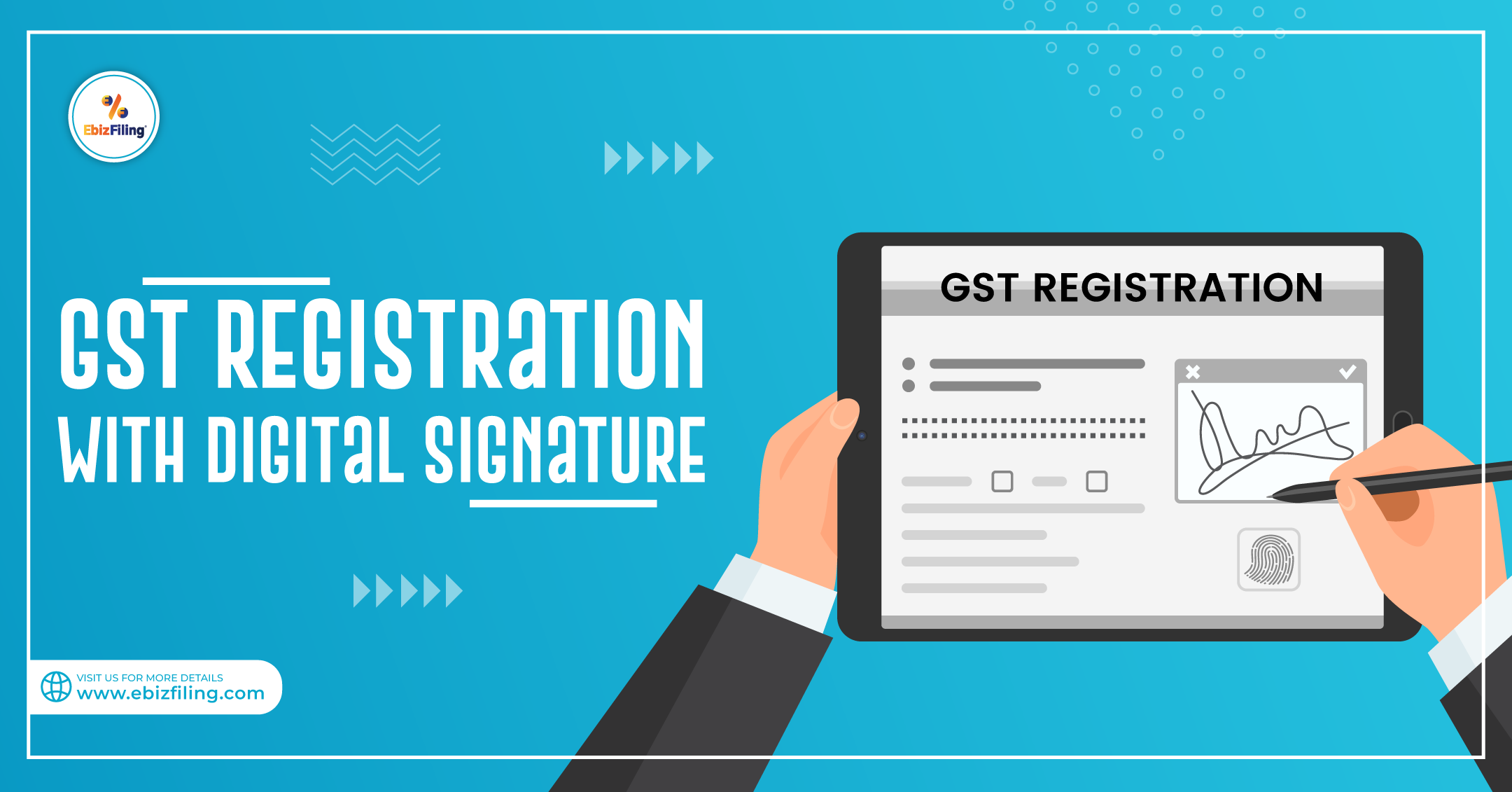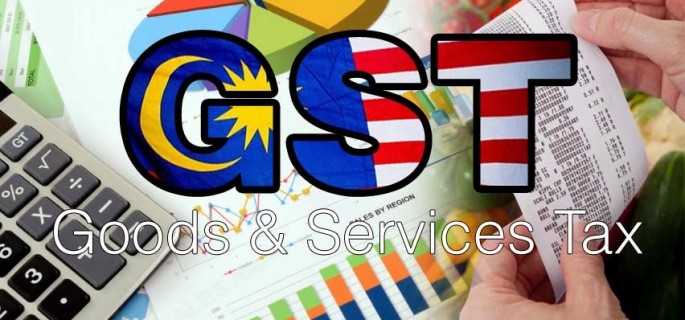Why Singapore GST Registration is Crucial for Your Startup
Why Singapore GST Registration is Crucial for Your Startup
Blog Article
The Ultimate Guide to Streamlining the GST Enrollment Process and Needs for Local Business Owners

Recognizing GST Fundamentals
To comprehend the principles of the Item and Provider Tax (GST) system, local business owners have to first understand its underlying concepts and ramifications. GST is a value-added tax obligation imposed on most goods and solutions for domestic intake. It intends to simplify the taxes procedure by replacing numerous indirect taxes imposed by the state and main federal governments. Under the GST regimen, services are needed to register and accumulate tax obligation on part of the federal government, making sure transparency and conformity.
One of the essential principles of GST is input tax credit score, which permits services to claim credit for taxes paid on their acquisitions. This mechanism prevents the cascading result of taxes and advertises efficiency in the tax obligation system. In addition, GST is a destination-based tax, implying that the tax obligation is imposed at the point of intake instead of the point of origin. This guarantees fair circulation of tax revenue among states based upon where the items or solutions are taken in. Recognizing these standard concepts is vital for local business owners to browse the intricacies of the GST system and ensure conformity with the regulation.
Qualification Standards for Registration
Having developed a fundamental understanding of GST principles, little organization owners should now fulfill specific eligibility requirements to wage the registration process. In India, entities participated in the supply of goods or services with an annual aggregate turn over exceeding Rs. 40 lakhs (Rs. 10 lakhs for special category states) are needed to sign up for GST. Furthermore, particular services such as those entailed in inter-state supply of goods, casual taxed individuals, and those needed to pay tax obligation under the reverse charge mechanism should sign up for GST irrespective of their turnover. Businesses that were signed up under the previous tax regime (BARREL, service tax obligation, etc) are additionally mandated to register under GST. Farming organizations anchor that just supply produce out of key production are excluded from GST registration. It is critical for entrepreneur to carefully analyze their eligibility based upon these standards to guarantee conformity with the regulation and avoid any kind of fines for non-compliance.
Papers Required for GST Registration

Simplified Registration Process Actions
Adhering to the collection and verification of the requisite documents, the enrollment procedure for GST can be browsed through a collection of simplified steps made to assist in efficient conformity for local business owners. The first action includes visiting the GST website and selecting the 'New Enrollment' option. Ultimately, the applicant has to fill out Component A of the GST REG-01 type with information such as PAN, mobile number, and e-mail address to obtain an OTP for confirmation. Once the OTP is obtained and entered, a Short-lived Recommendation Number (TRN) is generated for more procedures. The next step calls for submitting Component B of the type with necessary business information, uploading sustaining papers, and completing the verification procedure using DSC or EVC. Lastly, upon effective verification, an Application Recommendation Number (ARN) is released, indicating the completion of the GST enrollment procedure. By following these simplified actions, small company owners can properly register for GST and guarantee compliance with tax obligation laws.
Tips for Ensuring Conformity
To maintain regulatory adherence and operational integrity, this article persistent oversight and positive procedures are essential in making certain conformity with GST needs for tiny organization owners. Tiny organization proprietors need to remain upgraded with GST guidelines, submitting due dates, and any type of modifications in tax rates to avoid penalties and keep an excellent standing with tax obligation authorities. Participating in GST understanding workshops or training programs can improve understanding and compliance with GST regulations, ultimately profiting the service in the lengthy run.
Final Thought
In final thought, small company proprietors have to comprehend the fundamentals of GST, meet the qualification standards, gather required documents, and adhere to the streamlined registration process actions to make certain compliance. By streamlining the GST registration procedure and needs, little business proprietors can prevent penalties and run their companies smoothly within the lawful framework - Singapore GST Registration. It is essential for local business owners to remain educated and certified with GST regulations to keep an effective business procedure
Small service owners looking for GST registration have to ensure they collect and submit the essential files to finish the enrollment procedure effectively. The files required for GST enrollment commonly consist of proof of service enrollment or consolidation, FRYING PAN (Long-term Account Number) card of the company identity, address and entity proof of the promoters/partners/directors, photos, address proof of the area of company, bank account statements or canceled cheques, and permission forms. Participating in GST understanding workshops or training programs can boost understanding and compliance with GST guidelines, ultimately profiting the service in the lengthy run.
By streamlining the GST registration process and demands, tiny organization owners can prevent charges and run their businesses smoothly within the lawful structure. Read Full Report It is crucial for small service proprietors to remain certified and enlightened with GST regulations to maintain a successful company operation.
Report this page